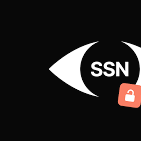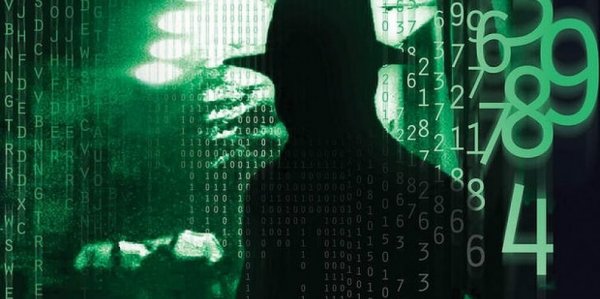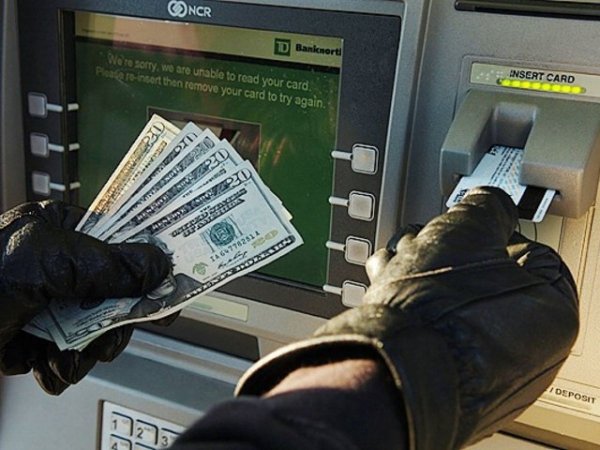We have an interesting video of compromising content with you" - a letter with such a content and an offer to buy it for money (under a thousand dollars!) was recently received by one of the editors of Men's Health. We tell you about the relatively new type of online fraud, as well as explain why it's nonsense and how (just in case) to protect yourself from it.
So, you receive an email from an unknown address, and the displayed name and surname of the sender will most likely be yours. In the first few lines, this stranger writes to you, like, dude, I know your password for this email, it's such and such. To your surprise, the password may actually be similar to yours. In my case, it was an old password for my email, which I changed about two years ago.
Further, the anonymous well-wisher tells how he managed to embed malicious software on one of the popular adult websites. Of course, it turned out to be the site I occasionally visit (yeah, I'm guilty, it happens). As a result, he has a video, one part of which shows the clip I was watching (the anonymous person praises my taste), and the other shows an image from my laptop's webcam of me at the moment of viewing it.
And now, according to my new acquaintance, I have two options in front of me. "The first is to ignore this email. In this case, I will send the recording to all your contacts, and you will see the damage it will do to your reputation and romantic relationships," writes the online scammer. As an alternative, he suggests deleting the video and forgetting about it forever if I transfer to the specified digital wallet bitcoins in a modest amount, equivalent to about $900.
The blackmailer claims that appealing to law enforcement agencies is pointless, as he cannot be traced, and I should think about my reputation, and so on and so forth. Another nuance is that the villain says he can send me a preview, but it should be borne in mind that he will simultaneously send it to 11 random people from my contact list.
After telling several friends about this letter, I learned that they also received such messages, and someone even knows a guy who fell for it and either entered into correspondence with the extortionists to reduce the amount or sent money. I also learned that such letters come in both English (I got one) and Russian. In general, considering the security issues in almost all well-known social networks and regular failures with the loss of personal data, one can imagine how many millions of such letters men receive daily worldwide and what the scale of online fraud might be.
But I don't negotiate with terrorists and write a reply to the blackmailer: first, I send him where he belongs, then I advise, like, show this video to your mom, she'll like it, then I send it again. I have no doubt that this is a scam and there is no video.
Even if it exists - who are you going to surprise with a video of a person during masturbation in 2019 or a video of their sexual preferences (quite trivial, by the way)? Do you seriously believe that among your colleagues and relatives there are no visitors to adult sites? I have discouraging news for you!
In general, it is precisely your panic at the sight of a familiar password that online scammers rely on, presenting an almost five-figure bill to you. It is precisely the assumption that your secrets have become available to someone on the other side that breaks through the psychological defense and makes weak-willed people twist themselves, believing everything in the anonymous letter. And if your password contains, say, the name of a child or a beloved girlfriend - an additional effect is possible, as if the security of your loved ones is affected.
At such a moment, you just have to imagine the most critical scenario. What could you possibly be watching on porn sites that would make your friends, family, and colleagues turn away from you? Group interracial scenes? Foot fetishism? Orgies with trans people? And that's it?! And what's so special about what you do during video viewing? Do you shout with pleasure? Stick out your tongue? Hold a marshal's baton in your teeth? In any case, you're not doing anything remotely close to what's happening on the screen.
So relax, like me. Online scams exist as much as the internet does. Together with it, they (and adult videos) become more sophisticated. To protect yourself from security failures, you need to treat personal data carefully - with a complex password, reading notifications from mail services, and updating antivirus software. Well, if you received such a letter, change your password just in case. Again.
Expert Comments Alex Patsay, Cybersecurity Specialist, Author of the Telegram Channel "Danger Information": "The forgery of sending a letter from someone else's address is a well-known trick to specialists, but ordinary users may not know about such a mechanism. The number of leaked login and password records on the internet today is measured in billions, and the fact that most users use the same password on different sites is also not a secret. So the scheme of deceiving the recipient by sending such a letter is indeed fundamentally effective, as far as the mechanism of "social engineering" can be effective: when a person
.gif.3d1d5323e9b6ce95f2a2dd4e30872dc6.gif)
.gif)
.gif)
.gif)
.gif)

 8,388,607
8,388,607

.jpg.1db2d09ae60eacd20a7fa09b6de65808.jpg)





.gif)